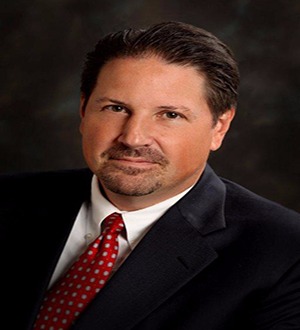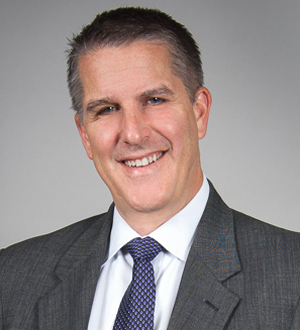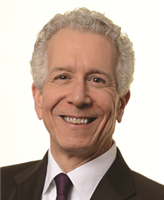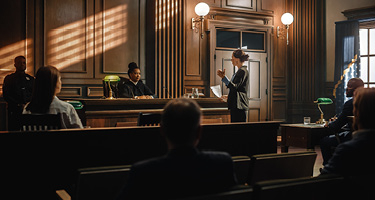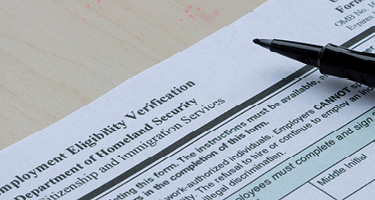Being “on-call” can be annoying and really limit what you are able to do outside of work. So when is your employer required to pay you for time spent on-call? The answer, as with many wage and hour questions is that it depends on the specific circumstances of your situations. Our overtime attorneys in Columbus, Ohio lay out the factors that are considered in making the determination of whether On-Call time is work time for which you should be paid.
When should my employer be paying me for “on call” time?
This is a wage and hour question that is governed by the Fair Labor Standards Act (FLSA) and your state laws. In Ohio, the state laws are the same the federal FLSA. A failure to pay on-call time could result in a claim for unpaid overtime and/or minimum wage. All actual work performed while “on-call” must always be paid.
An employer is required to pay employees for all time spent performing compensable work. The question of whether an employee is performing compensable work during on-call time depends on the degree to which the employee may use the time for personal activities. To analyze this, we must look at whether an employee’s on-call time is spent predominantly for the employer’s or the employee’s benefit.
An employee who is required to remain on-call on the employer’s premises or very close to the premises such that he or she cannot use his or her time effectively for his or her own purpose is “working” while on-call and this time must be compensated. If, however, the employee is not required to remain on the employer’s premises and is only required to be reachable, he or she is not working while on call.
In making this determination, courts have weighed several factors to assist in determining whether an employees’ time “on call” is spent predominantly for the employer’s or the employee’s benefit, including:
(1) the frequency of the calls to the on-call employee;
(2) geographical restrictions on the employee’s movements;
(3) the restrictiveness of fixed time limits for response;
(4) the threat of discipline in the event of a late or no response from the on-call employee;
(5) the on-call employee’s ability to trade his responsibilities with another employee;
(6) the on-call employee’s actual pursuit of or engagement in personal activities; and
(7) the benefit of the on-call time to the employer.
Examples:
Weighing these factors, one federal court found that in spite of firefighters’ participation in social activities, sports, and other events with family and friends while on call, the on-call time was compensable because the frequency of calls (average of three to five calls per day), significantly restricted their personal schedules to the benefit of the employer and because the firefighters were required to report within twenty minutes of the call, and could be subject to discipline for not answering.
On the other hand, another federal court found that turnpike employees’ on-call time was not compensable because the employees could wear a beeper during their on-call duty or leave word where they could be located while going about their personal activities, and therefore, they were not significantly restricted by on-call policies.
Each situation is different, and a thorough review of the facts may be required to determine if your on-call time is compensable. If you believe that you are not being properly compensated for on-call time or have other questions about your wages or employment, please reach out for a free consultation by submitting your information on our website or giving your unpaid wage attorney a call. You can also find information on the Department of Labor website.
Mansell Law
Overtime and Unpaid Wage Attorneys Columbus Ohio
Employment Lawyers – For the Employee
1457 S High St, Columbus, OH 43207





